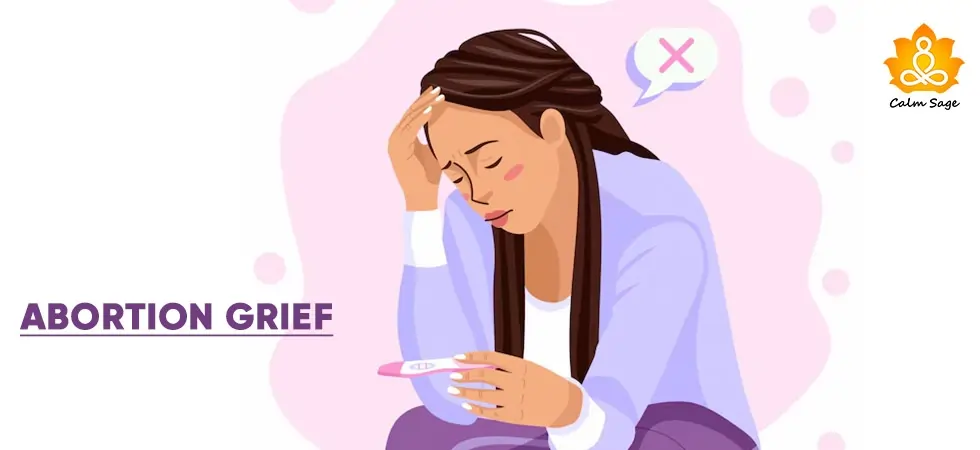Post-Graduation Depression: What Is It And How to Heal Post-Grad Blues?

“I’d like to return my subscription to adulting” “1 Star: Wouldn’t recommend adulting” If you’re an active user of social media, then you’ll know what these phrases mean.
As a kid, I thought being an adult would be fun. I’d go to college, get a job, find the love of my life, and be happy. But, many of us haven’t been able to move past the “Get a job” stage.
I thought that after I’d graduated, I’d celebrate, find my dream job, and move on to my next chapter. This is what most of us believe, isn’t it? Where the word “graduation” is often synonymous with celebration, it doesn’t always end happily.
For many young adults, the joy of graduation can quickly fade, replaced by a wave of sadness, uncertainty, and a sense of emptiness. This unexpected phenomenon can be termed “Post-Graduation Depression”.
Yes, it’s real, and experienced by surprisingly a high number of young adults! Keep reading to know more about this condition, and how you can heal post-grad blues.
Related: The Depression Stage of Grief: What You Need to Know
What is Post-Grad Depression?
While it’s not a clinically approved condition, post-grad depression or post-graduation depression can describe a cluster of depressive symptoms that occur after completing your university degree. It’s important to understand the distinction between post-grad depression from post-grad blues, which is a temporary emotional reaction to leaving behind university life and social circle.
Post-graduation depression can manifest as a more intense and prolonged state of low mood, one that interferes with your daily functioning.
Signs of Post-Graduation Depression
While the depressive symptoms of post-grad depression remain almost similar to clinical depression, there are some others that you need to watch out for. Some common post-grad depression symptoms may include;
- Persistent feelings of emptiness or hopelessness
- A loss of interest in once-enjoyable activities
- Drastic changes in appetite and sleep patterns
- Low motivation and energy
- Feeling fatigued and drained
- Trouble concentrating or making decisions
- Feelings of worthlessness, guilt, and even self-blame
- Feelings of restlessness
- Recurring thoughts of death
- Suicidal ideation
If you’re having suicidal thoughts, then immediately contact your nearest helpline number or emergency services.
The Underlying Causes of Post-Grad Depression
Now that we know what post-graduation depression looks like, let’s understand what causes this form of major depressive disorder;
1. Identity Crisis:
Graduation marks an important transition in your life, leaving many feeling adrift and listless without a routine, structured environment, and an identity that you associate with as a student.
2. Competitive Job Market:
Another reason that can cause post-graduate depression is the competitive job market. Looking for a job right after graduation can be daunting, leading to feelings of inadequacy, anxiety, and frustration about securing a career.
3. Financial Crisis:
Many students take student loans to fund their education. Because of that student loan debt and the pressure to become financially independent can be overwhelming, adding to your already stressful life and transition from a student to a career person.
4. Lack of Social Support:
After graduating from the university, you leave behind the close community you formed during those years. This can lead to feelings of isolation and loneliness, causing you to feel lost and unsupported.
5. Life Transition:
You might experience signs of post-grad depression if this life transition is major, sudden, or changes your life role irrevocably. While adjusting to your new role and life, you might feel overwhelmed and this can trigger some depressive symptoms too.
Related: 7 Practical Tips to Cope With Divorce Depression and Moving Forward
Overcoming Post-Graduation Depression
While the challenges and symptoms of post-graduation depression might seem insurmountable, some strategies can help you overcome post-grad depression and heal yourself. Here are some tips for you;
1. Accept your feelings
The first thing we all need to do is known and accept our feelings, wholeheartedly. Suppressing your emotions and bottling them up will do you no good. If you want, talk to a trusted friend, family member, or even a counselor who can offer you a safe space to process your feelings and express them.
2. Take care of yourself
Another way to overcome post-grad depressive feelings is to engage in activities that make you feel better about yourself and your situation. Anything that can help you nourish your physical, emotional, and mental well-being is encouraged. You can start by exercising, eating well, and sleeping well.
3. Reconnect with your social group
You don’t have to lose touch with your university or college social group. Even if you have lost touch, then reconnect with them and maintain that connection. Having a strong social connection can help combat feelings of isolation and loneliness.
4. Create a schedule
Once you graduate, create a realistic schedule and follow it. Having a daily routine can help you feel structured, especially when you feel adrift and lost after graduation. If you want, you can set some realistic goals and tasks that you can work on daily to feel a sense of accomplishment. This can help you feel confident in yourself.
5. Seek help from a professional
If the symptoms of depression persist and interfere with your daily life, then don’t hesitate to seek professional help from a therapist. A trained and licensed therapist can provide support, guidance, and effective coping mechanisms to help you overcome and heal from post-grad depression.
Here are some additional resources to help you;
- National Suicide Prevention Lifeline: 988
- Crisis Text Line: Text HOME to 741741
- The Trevor Project: 1-866-488-7386
Wrap Up…
Post-graduation depression might seem like a made-up condition, but it’s a real and valid experience that affects a good portion of young adults. Identifying and recognizing the signs, understanding its causes, and incorporating healthy strategies to overcome post-grad depression can help you combat the challenges of this phase.
Just know, you’re not alone. By reaching out for help and support and taking care of yourself and your needs, you can bounce back stronger and thrive in the coming chapters of your life, post-graduation.
I hope this blog helped you understand what post-graduation depression is and how to overcome post-grad blues. Let us know your thoughts and tips to overcome post-grad depression in the comments below.
Take Care!




















